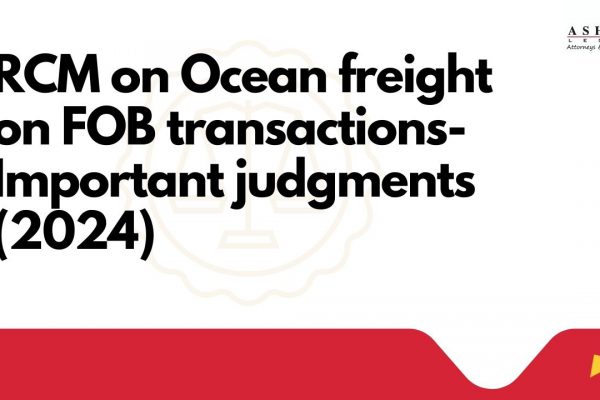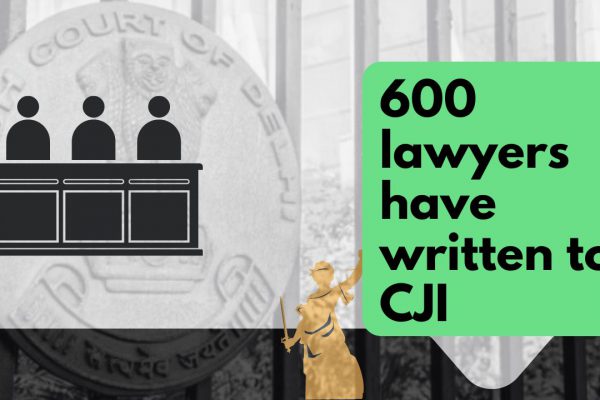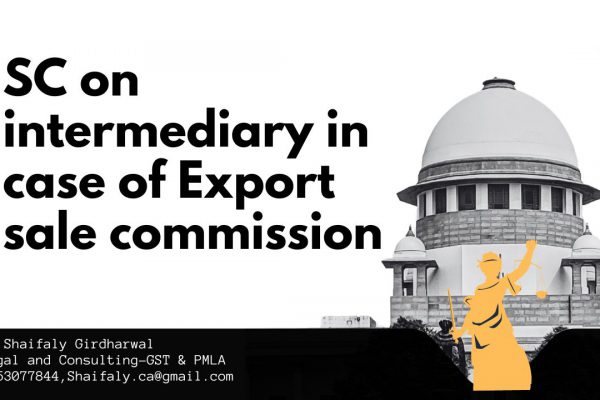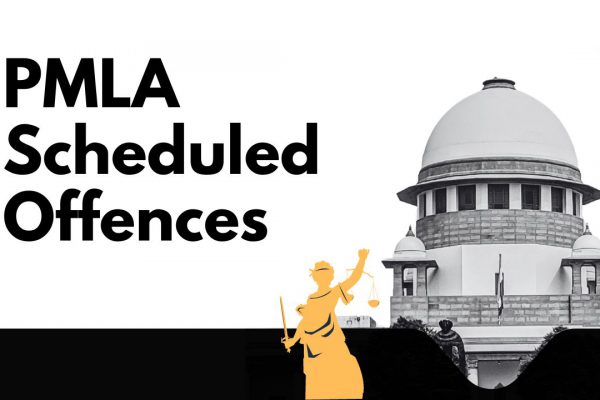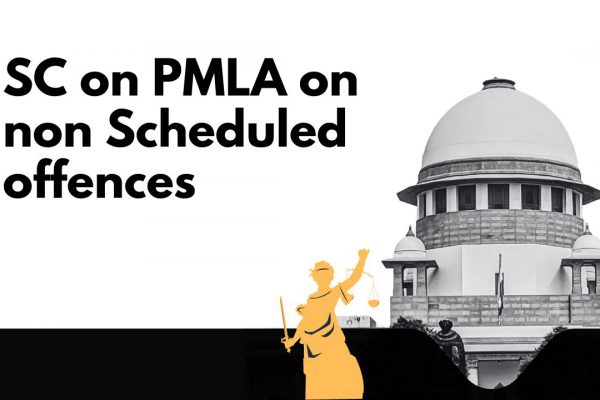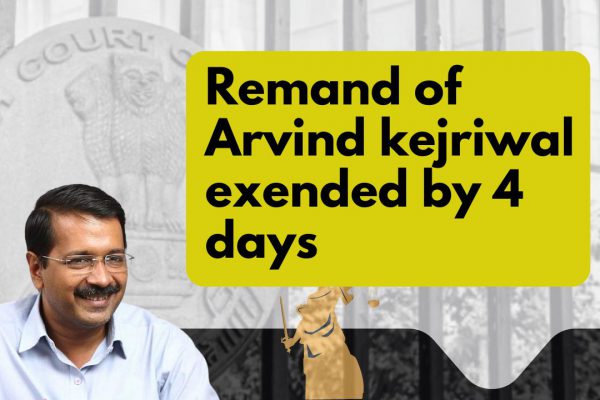NO GST UNDER RCM ON DIRECTOR’S SERVICES PROVIDED IN INDIVIDUAL CAPACITY
It is to be noted that the RCM Notification no.13/2017-Central Tax (Rate) dated 28.06.2017 does not use the phrase ‘services provided by any person to a Company, who is a Director in the said Company’. Instead, it uses the phrase ‘services supplied by a Director of a Company’. Hence it is clear that the said notification covers only those services which are provided in the capacity of a Director.
It is specifically noted that the said GST notifications have emphasized the words ‘Director’s remuneration’ and it is abundantly clear that it covers the aspect of remuneration paid to a Director, in his capacity as a Director. This aspect also supports the view that the services which are provided in the capacity of a Director would only be covered under the reverse charge mechanism. The RCM notification does not appear to cover services that are provided in the independent capacity of the Director, as it would not form part of the remuneration paid to the Director in the said capacity. When the services are provided in the independent capacity of an individual, it cannot be said it is the Director who has provided the said services. The requirement to pay GST under RCM would arise only when it is provided in the capacity of a Director.
When a director of the company has expertise skills or technical knowledge regarding a particular field, his services provided to the company cannot be put under RCM in the hands of the company basis that he is not providing such services to the company as ‘Director’ but as a ‘skilled professional’.
The GST law highlights only two capacities of the director, one as an employee and the other as a director. However, there may be a third capacity i.e. personal capacity over which the director could render certain services to his company which may be totally different from the directorial capacity. A few examples could be:-
- Renting of premises by the director
- Guarantee is given by the director in lieu of guarantee commission
- Other professional and technical services.
In the matter of Suessen textiles bearings Ltd., it was held that the guarantee commission is a commission for risk bearing and has nothing to do with the directorship.
Only those services will be covered under this head that are provided by the director in the capacity of a director and not otherwise. A director who has rented his office to the company and draws lease rentals will be required to pay tax in his individual capacity and the company will not be required to pay tax on the same under RCM.
Also, the Company Act 2013, section 197(4) says that – if a director is having requisite qualification/experience as per the Nomination and Remuneration Committee/Boards of Directors and these services are rendered in an individual capacity, then such payments are not considered a part of the remuneration of max permissible remuneration under the act, even TDS is deducted under section 194J of the act. Hence, such services are considered to be rendered in his personal capacity instead of directorial/employee capacity.
Simply saying, if CONTRACT OF SERVICE, then there would be no GST liability. In the case of CONTRACT FOR SERVICE in a directorial capacity- a reverse charge mechanism would apply. Whereas in the present case, there is a contract between the person having technical expertise and skills (despite being director of the company) and the company, then it is referred to as a Contract OF service, therefore, reverse charge mechanism in the hands of the company would not arise even if TDS has been deducted under section 194J of the said act.
Hence, where there is a contract OF service, regarding specific technical expertise/skill and consideration is received by the person (director of the company) as remuneration or commission towards specific services provided by him to the company is outside the ambit of the Reverse charge mechanism under GST.
Moreover, a director who has taken employment in the company may be functioning in a dual capacity, one as a director (skilled professional working in an individual capacity) and the other on the basis of the contractual relationship of master and servant with the company (employment), then as per circular No. 140/10/2020 dt.10.06.2020, then only part of employee director’s remuneration which is declared separately as ‘salaries’ in the company’s account and subjected to TDS under section 192 of the said Act will be considered within the ambit of Schedule III of the CGST Act, 2017 and would not be chargeable to reverse charge. On the other part (working individual capacity as a skilled professional), the reverse charge mechanism would not be attracted in the hands of the company even if TDS has been deducted under Section 194J of the said Act.
DISCUSSION ON OTHER SERVICES
- The taxability of IPR under indirect tax laws has always been surrounded by ambiguous interpretations in relation to its transfer from its owner. Prior to the GST regime, there was a persistent struggle regarding the treatment of the transfer of IPR for the purpose of tax liability, whether to treat it as ‘goods’ or ‘services’. The union government had the right to levy service tax on transactions relating to IPR if the same were classified as services, while the state governments had the right to sales tax/value-added tax if the transaction involving IPR was treated as a sale or deemed sale of goods.
- Payments of Royalty are not insisted as payment for a service provided. It is understood as a share of product or profit received by the owner for permitting another the use of his property. Royalty payments in the present case for the use of technology and know-how cannot be equated with any service to be provided by the Service Provider. Similarly, in the instant case the payment received by the brand owner on a percentage basis, cannot be treated as a payment for providing the taxable service, since providing technical assistance by the owner to their service recipient cannot be equated to the provision of taxable services.
- To tax under service tax, under Intellectual property Rights, such rights should be registered with Trademark/ Patent authorities. It is a fact on record that such trade mark is not registered in India. The taxable service includes only such Intellectual Property Rights except for Copyright that is prescribed under the law for the time being in force, as the term ‘time being in force’ implies that, as are applicable in India, and Intellectual property rights covered under Indian Law in force alone are chargeable to tax and Intellectual Property Rights would not cover under the taxable supply. Admittedly, Trade Marks have been used by the assessee and are not registered in India, therefore, the same is not liable to tax under the IPR service.
- To be categorized for tax purposes under IPR, such right should have been registered with trademark/patent authority. In the present case, admittedly, there is no right recognized as IPR under any law for the time being in force in India. As such, there can be no provision of IPR service for tax liability on a reverse charge basis.
- Similarly in the GST era, in the press release issued by the Ministry of Finance, the phrase “registered brand name” in terms of the GST Notification means brand name or trade name registered under the Trade Marks Act, 1999. Hence, there has arisen a situation wherein supply from a particular company selling for example pulses under a brand name that is not registered would be exempted from GST.
- There is also a paradoxical situation in many spheres as to the transfer of IPR in respect of IT software, wherein it is treated as goods and services. Permanent transfer of IPR is treated of IPR is treated as a supply of goods. Permanent transfer of an IPR is considered a supply of goods and is leviable to GST @ 12% provided such IPR is not in relation to IT software in terms of Notification No. 41/2017-CT (Rate), dated 14.11.2017. Since the permanent transfer of IPR has been treated as goods and services under GST laws, the point of contention is whether the permanent transfer of IPR is covered under heading 99733 to the scheme of classification of services or serial No. 243/ Serial No. 452P to the scheme of classification of goods. Heading 99733 to the scheme of classification of services provides for permitting, granting, or authorizing the use of intellectual property products wherein a license is granted by the supplier to the recipient to use IPR.
- In view of the above and considering how the GST law stands as of now, there are certainly some areas where further clarity is required on the taxability of IPRs and there is a need to bridge the loopholes in the tax provisions. The ambiguity still persists as prior to the GST era.
Royality for using Brandname
- A franchise agreement is a legally binding agreement by which the franchiser allows the use of certain intellectual property rights to the franchisee in return for consideration. These agreements are very commonly used to scale business models.
- While the GST Acts have not defined “franchise”, the definition from the Finance Act, of 1994 can be borrowed. The Act states that a franchise refers to ”an agreement by which the franchisee is granted the representational right to sell or manufacture goods or to provide service or undertake any process identified with the franchisor, whether or not a trademark, service mark, trade name or logo or any such symbol, as the case may be, is involved.”
- It is arguable that since the franchise agreements required the transfer of assets (brand name) for setting up the business, hence it was a situation of transfer of business assets and not the taxable supply of goods under GST. Transfer of business assets refers to a situation of transfer of a business means the transfer of a distinct business vertical and not the same vertical of which a certain portion has been transferred to another entity. Such transfers are exempt from GST.
Conclusion
From all the above points, it is clear that in the case of directors in individual capacity are not liable to pay GST under RCM on Director’s Services. Schedule III of the CGST act has spelled out the activities which are neither supply of goods nor services. Such activities are not under the scope of GST. ‘Services by an employee to the employer in the course of his employment’ is one among them. This means payments made to an employee by his/her employer as per the employment agreement will not attract GST.
DISCLAIMER
Though all efforts have been made to reproduce the opinion correctly, the access and circulation are subject to the condition that I/we are/are not responsible/ liable for any loss or damage caused to anyone due to any mistake/error/omissions. Our comments are based on the provisions of GST legislation as of the date of this memo. Any variation in our understanding of the aforesaid could significantly alter our comments given in this note. The comments in this memo are purely a matter of interpretation and not binding on any regulatory or tax authorities. Therefore, there can be no assurance that the regulatory or tax authorities will not take a position contrary to our comments. Our opinions are provided for general informational purposes only and should not be considered as legal advice. The interpretation and application of the GST Act may vary based on individual circumstances and specific cases.
If you already have a premium membership, Sign In.
 ConsultEase Administrator
ConsultEase Administrator
Consultant
Faridabad, India
As a Consultease Administrator, I'm responsible for the smooth administration of our portal. Reach out to me in case you need help.


